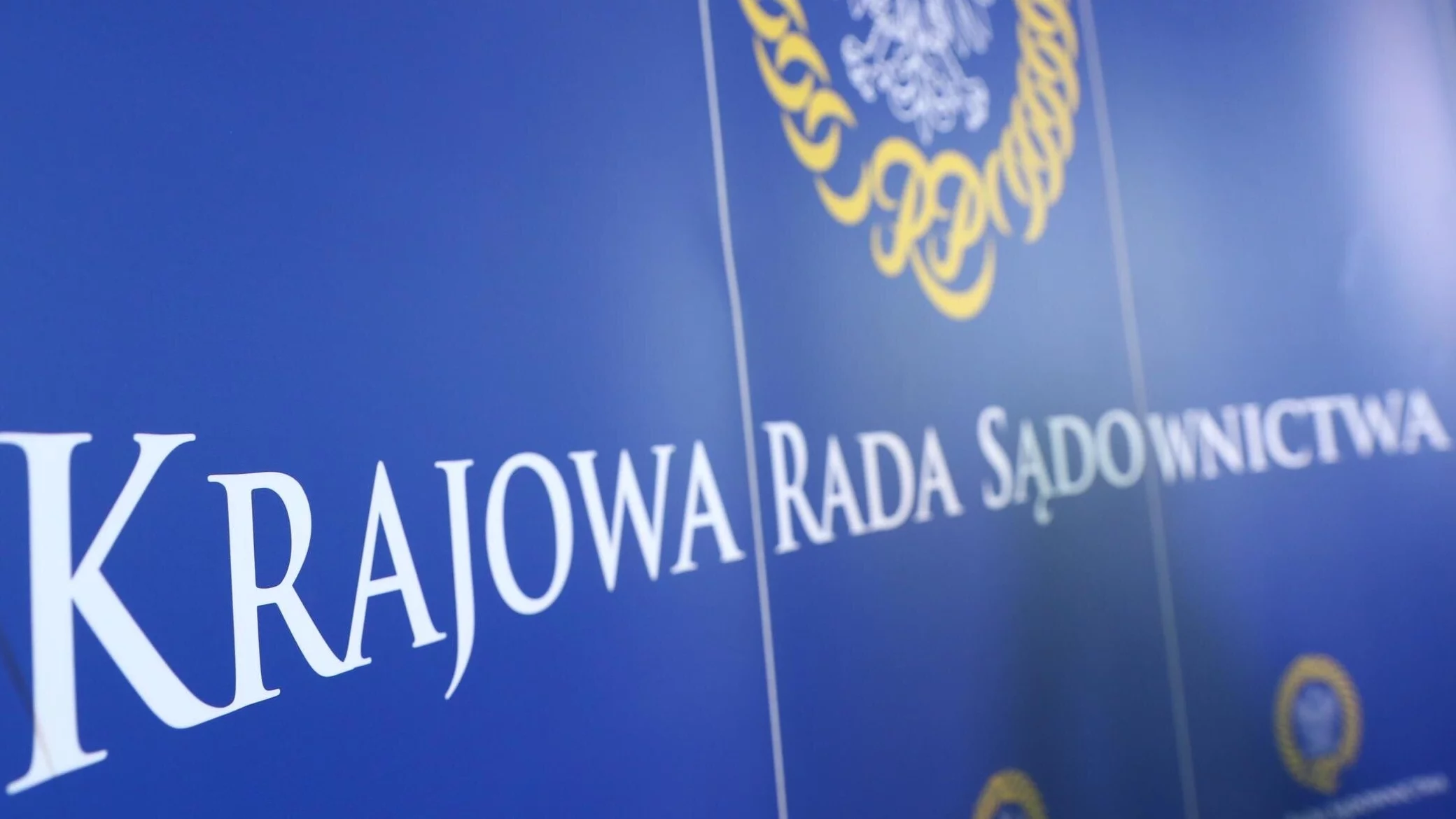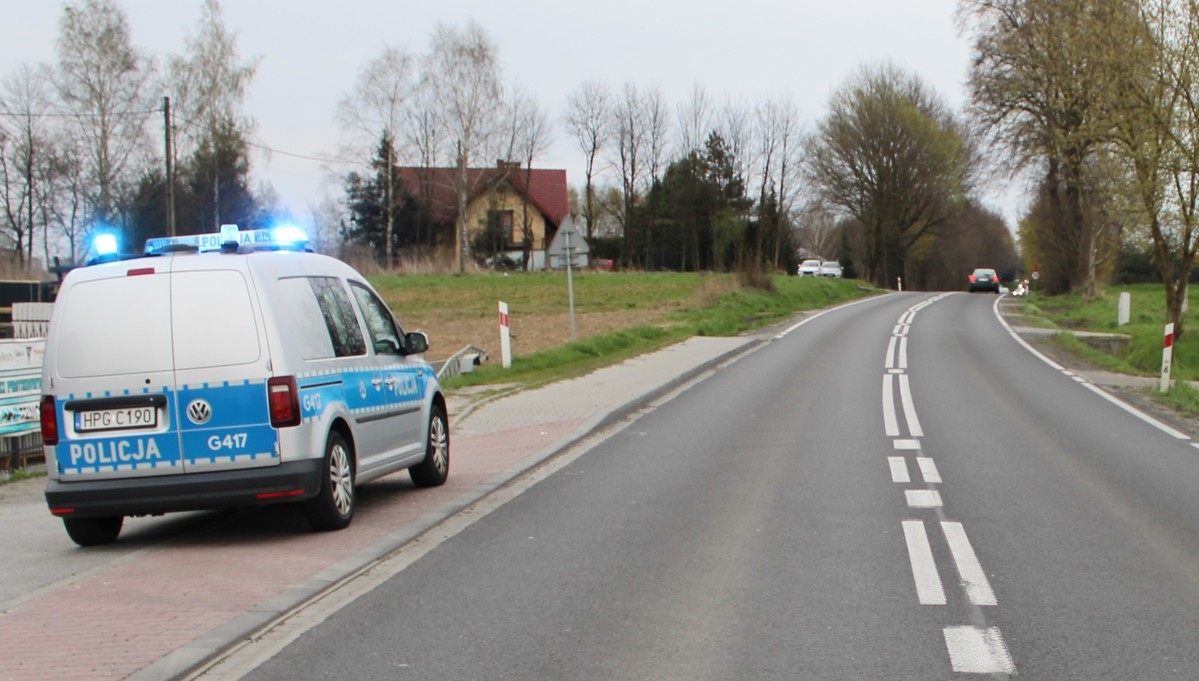On 31 March 2023 Vladimir Putin signed a decree approving the "Concept of the abroad Policy of the Russian Federation". Given the embargo on information from Russia in Poland and propaganda about its alleged disasters and close decay, it is worth discussing its content. It is about 40 pages long, so I will discuss only the most crucial points.
1/ Russia is not defined as a national or multinational state but as a separate world, an empire-civilization, as "common territory of different nations, ethnic, spiritual and linguistic groups defining the peculiar situation of Russia as a unique state-civilization, a vast Euro-Asian and europa-cyphal power, bringing together the Russian people and another nations forming a culturally diverse region” (all quotes for: kremlin.ru/acts/news/7081). It was stressed that this multiethnicity on a common civilization base allows Russia to search the position of 1 of the centers in the multipolar planet of global relations, based on permanent membership of the UN safety Council and its military potential, peculiarly nuclear.
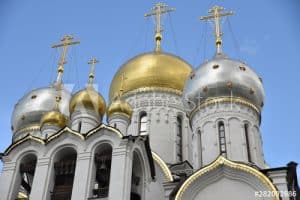
2/ Russia is of the opinion that the processes of economical globalisation and the reign of the ideology of globalisation have come to an end. Globalisation and globalisation are closely linked to the Hegemony of the Atlantic planet that is ending before our eyes, and their origin is erstwhile colonialism and present neocolonialism, building the political, economic, military and ideological advantage of the West over the full planet over the last centuries. The decree characterises this Western imagination as "neoliberalism", with the concept being regarded as pejorative being very spacious here, including neocolonialism, rapes of Western powers against weaker states, policies of economical sanctions, and ending with spiritual threats, linked to the promotion of non-traditional cultural patterns. evidence of the crisis of globalisation and globalisation is the increasing crisis of assurance in the dollar as a currency in global relations and the trend of transition to payments in national currencies, as well as strengthening the defence of their own civilization values by the nations bombarded by Western anti-values. Hence their trend to regional cooperation. Russia is considered to be a leading centre of opposition against specified "neoliberalism", proclaiming the multipolarity of the world, where each pole will follow its own values, rising from its conventional culture. Hence, Russia’s goal is “Eliminating the ores of the dominance of the US and another hostile states in planet affairs and forcing them to quit neocolonial and hegemonic ambitionsIt’s okay. ”
3/ The war in Ukraine is described briefly but very much: "Recognising Russia's strengthening as 1 of the leading centres of modern planet development, recognising its independent abroad policy as a threat to Western hegemony, The United States and their satellites utilized measures taken by the Russian Federation to defend their vital interests in the Ukrainian direction as an excuse to tighten up the multi-annual anti-Russian policy and set off a fresh kind of hybrid war. It aims to weaken Russia in all way possible, including undermining its creative function as a civilization, its powers of power, economical and technological power, limiting its sovereignty in abroad and interior policy and destroying its territorial integrity. This course of the West became omnipotent and was recorded on a doctrinal level. (...) In consequence to the hostile actions of the West, Russia intends to defend its right to existence and free improvement by all means availableIt’s okay. ”
4/ According to the authors of this document, the war in Ukraine creates a fresh geopolitical architecture of the world. Part V of it describes Russia's attitude towards the world. Russia is first curious in "near abroad" (the USSR states), then Eurasia (especially China and India), the Pacific zone, muslim world, Africa, Latin America. Only then are Western Europe and the United States discussed, for which Antarctica was discussed. The European Union is treated as an area of Russia hostile, with which the country is not curious in maintaining closer contacts, but for the mining of borders. Russia turns distant from the West and is curious in the increasing and economically increasing Asia, where it is not treated as inferior, stupider and little civilized by the “neoliberal” Western states, in fact its racist.
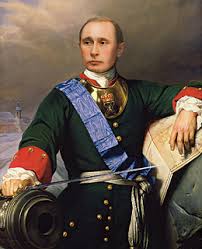
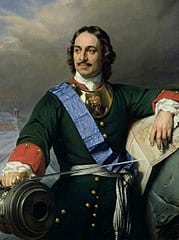
5/ After leaving Europe mentally, Russia is now curious in the task “The Euro-Asian Partnership”, built in cooperation with China and Russia, whose components are: fresh Silk Road, BRICS Group, Shanghai Cooperation Organisation, Commonwealth of Independent States (NP), Euro-Asian economical Union, Organization of the Collective safety Agreement, RIC Group (Russia, India, China). Relations with China and India are referred to as "strategic interaction" (with China) and "strategic partnership" (with India). Russia's goal is no longer to search partners of this kind in Europe, as its nonsubjective is "comprehensive deepening of relations and coordination with friendly sovereign global centres of power and improvement located on the Euro-Asian continent and engaged in approaches that are broadly in line with the Russian approach to the future planet order and key global policy issuesIt’s okay. ”
Putin present announces Russia's withdrawal from European politics, that is to say, the rejection of the full Europeanisation and westernization process begun by Peter I in the 18th century. Russia intends to build with China and India a competitive Euro-Asian pole for the West, dividing the planet into 2 halves: Atlantic and Euro-Asian. At its western borders, it seeks to build a buffer region composed of friendly Belarus and politically neutral Ukraine, which will for decades separate it from its hostile Atlantic world.
Adam Wielomski


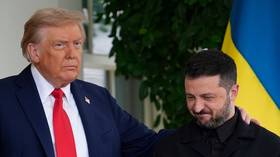




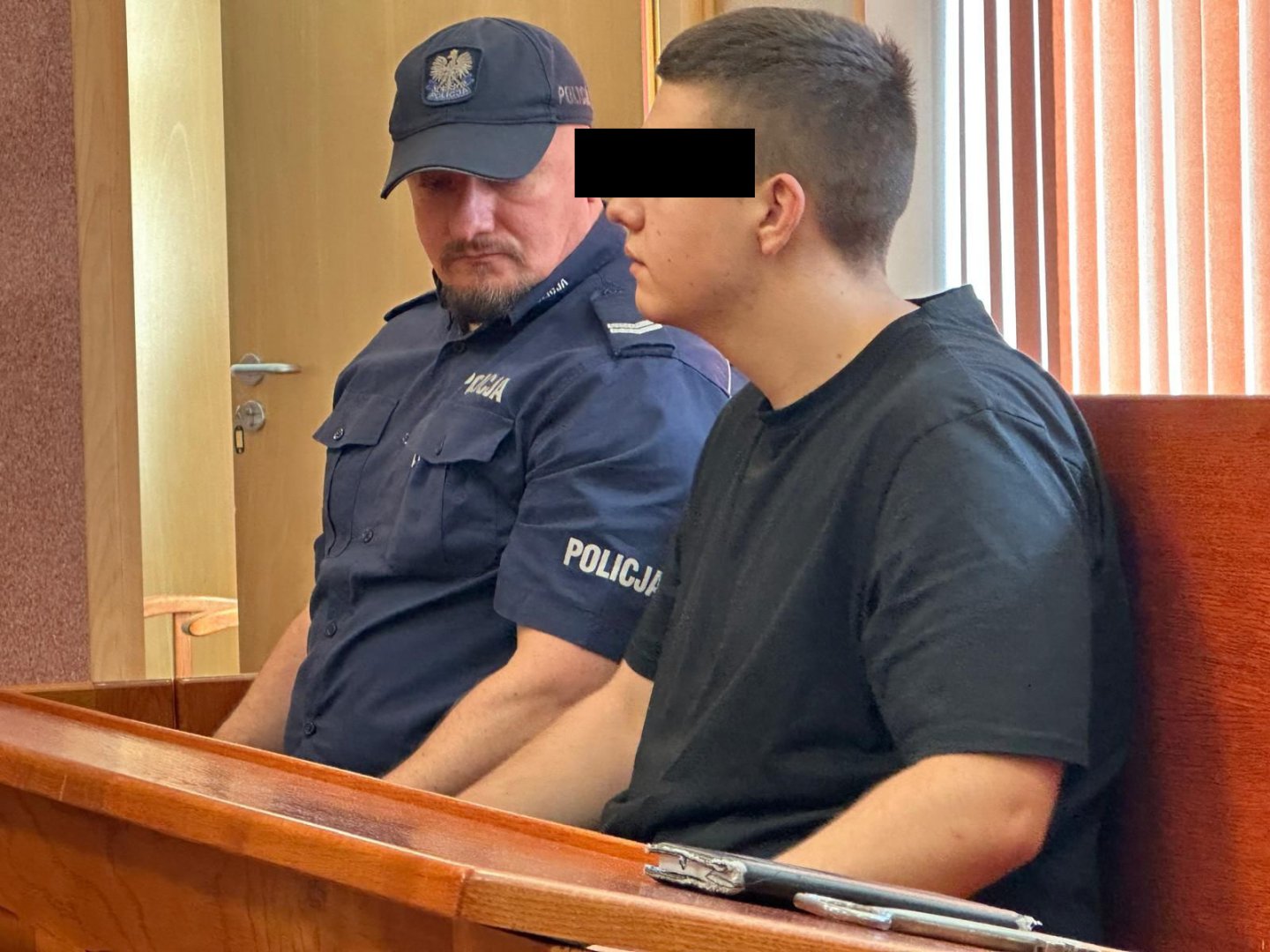
![Wręczali dzieciom 'opaski niezgubki’ [zdjęcia]](https://tkn24.pl/wp-content/uploads/2025/08/Opaski-niezgubki-2.jpg)

